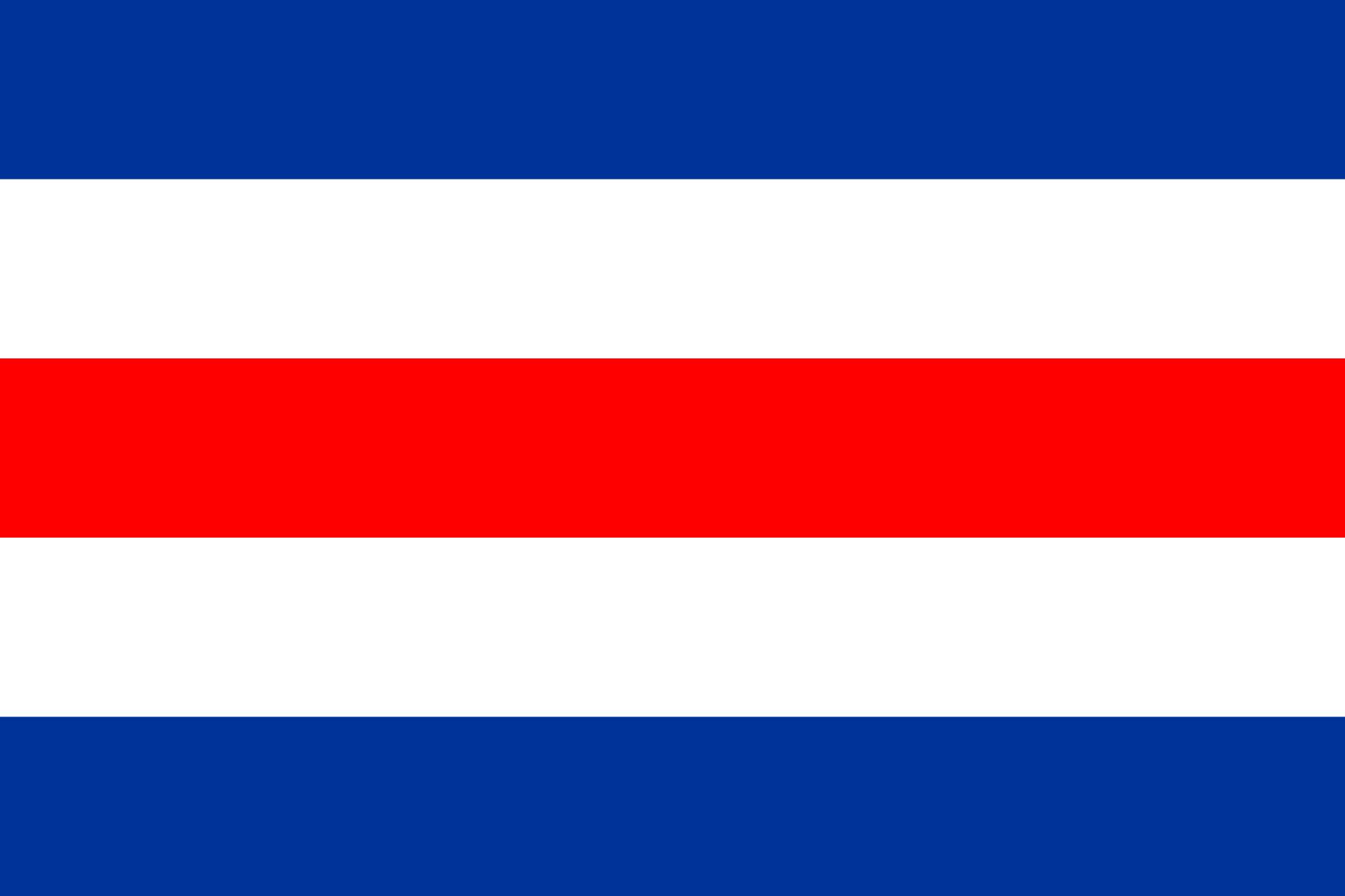
2 minute read
Situational Analysis
Carnival’s top priority is to return to sailing as soon as possible. Resuming its services will provide much needed revenues that were lost in 2020. The pandemic still looms large and is the obstacle preventing Carnival ships from getting underway.
Since March of 2020, all Carnival cruises have been canceled (as is the case with the entire industry). The US Centers for Disease Control (CDC) has extended its no-sail order until at least July 1, 2021 (Bretz, 2021). Carnival has not yet announced if it will require guests and crew to be vaccinated.
Advertisement
In early April (2021), Florida Governor, Ron DeSantis filed a lawsuit against the CDC for disallowing the cruise industry to resume, citing economic damage. No doubt, local and national economies have been adversely affected by the absence of the cruise industry. Within the first six months of the pandemic, Florida alone lost $3.2 billion as a result of the industry shutdown (Tsai, 2021). Florida ports have also seen a decline in operating revenue of nearly $300 million, which is expected to increase in the coming months. Despite the losses, the CDC justifies its Framework for Conditional Sailing order with data showing that Covid-19 spreads more easily on cruise ships than in other environments.
Currently, Carnival continues to sell future voyages (even if it has to cancel them). Carnival’s social media shows dream vacations and plenty of opportunities for fun and excitement including Carnival’s CFO or “Chief Fun Officer, ” Shaquille O’Neal explaining the newly added mini cruises. Carnival has not shared content related to the pandemic or its preparedness, but has chosen to focus on luring in customers with the positive. This has powerful appeal to people after a year of lockdowns and limited social interactions, and yet avoids the questions that are top of mind for customers and other stakeholders.
Nautical flag signaling a change of course.
Despite its efforts to return to business as usual, Carnival is neglecting good reputation practices. Typically when risks are present, a company focuses its energies on handling any threats or negative press that have already surfaced (Eccles, Newquist & Schatz, 2007).
Carnival displays weak internal coordination and poor communication about the pandemic, thus allowing stakeholders to perceive that it is hiding something. Across industries, the pandemic has demonstrated the importance of being transparent and communicative with customers, and Carnival is falling short.
Because of the polarized political climate and the pandemic, it is more important than ever that Carnival creates a robust plan to respond to the pandemic that assuages fears about passenger safety and satisfies CDC requirements. Carnival is best served by ceasing business as usual and adopting a response that demonstrates care for its customers and other stakeholders.
A reputation management plan will provide a framework for managing reputation. (Doorley & Garcia, 2019)





